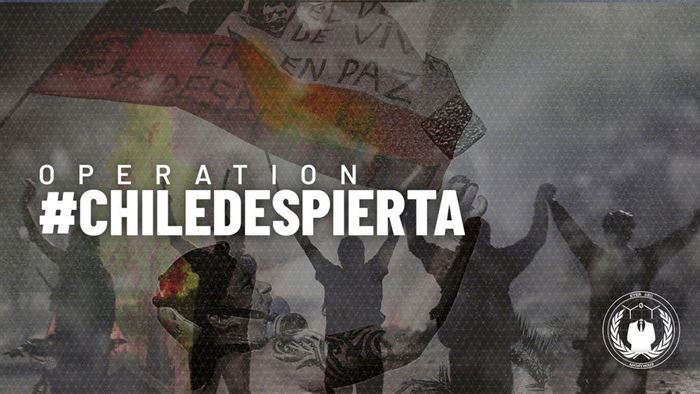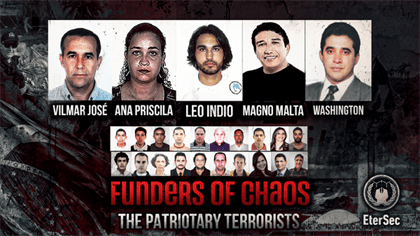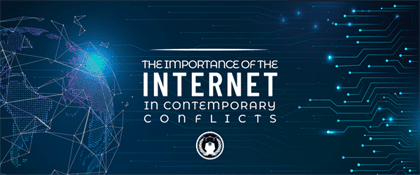#OpChile
Protests and what led to the discussion about the constitution:
What started with protests against the increase in subway tickets' price, soon took on a violent scale, Sebastián Piñera declared a state of emergency in the capital and appointed a military to contain the protests. Even after the repeal of the increase in tickets' price, the people returned to the streets now to protest about social inequalities and oppression. It was the first time since the end of Pinochet's dictatorship in 1990 that thousands of soldiers were put on the streets and a curfew was imposed. The constitution is "(...) The Magna Carta of 1980, written by Pinochet's collaborator for legal affairs, Jaime Guzmán, left out the social guarantees of the majority of the Chilean population, as it did not include free and universal access to education, health, social security, among others, in its text."
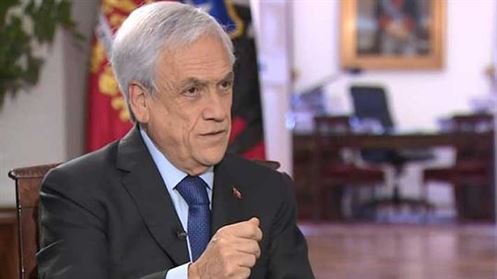
The protests continued to increase and spread throughout the country. In Santiago about 1.2 million Chileans took to the streets to protest against the repression imposed on the people, demanding the "back of the military to the bases" and freedom to come and go, which caused a social crisis never seen in the last 30 years in the country. Which led protesters to question the existence of a constitution inherited from the times of dictatorship, a likelihood of agreement arose as the police suspended the use of rubber and lead bullets after numerous serious cases of bodily and even eye injuries against protesters. Even with the promulgation of the new constitution, the Chilean population is not satisfied with the way in which the State has been dealing with fundamental issues for democracy. Since Sebastián Piñera assumed the presidency, popular demonstrations have been severely repressed, with political arrests and many protesters seriously injured.
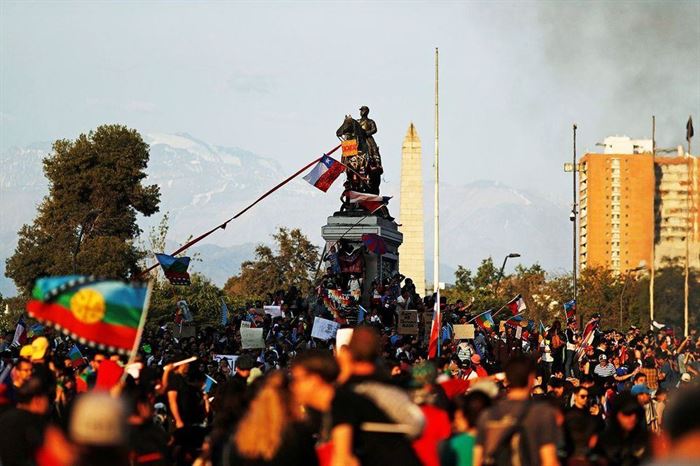
In July, several people protested in Santiago pleading for reparation for the more than 400 people who suffer eye injuries during the demonstrations that have been taking place since 2019 in the country, as the Piñera's government ends up treating these matters as something that never happened, hiding all the spilled blood in an attempt to convince that the new constitution will end the problem of police repression. However, Chilean citizens warn that if State and police impunity is not addressed in the Constituent Assembly, the country's democracy will continue to be threatened by authoritarian echoes from the Pinochet dictatorship period. After a period of calm, where the president invested funds to help several families and declare an increase in the minimum pension for the elderly, in new clashes that took place on Fridays, four people were killed and then the president promised to reform the police, which has not yet come out of the paper. All this took place in the period between 2019 and 2020, when the pandemic broke out and the referendum was postponed to October 25, 2020.
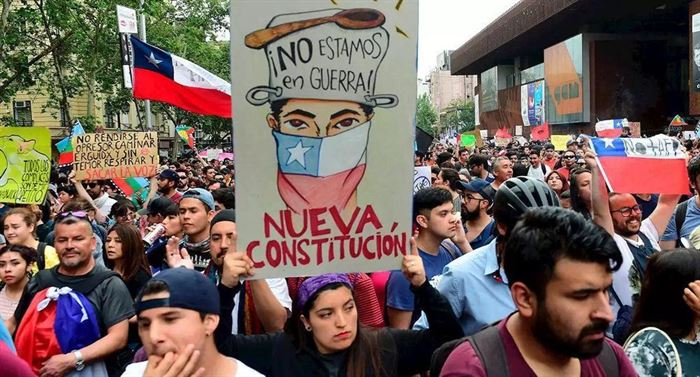
"(...) With the number of contagions under control and the highest electoral participation in recent years (51%), the Chileans approved by a large majority of 80% of the constitutional change and that the new text will be written by 155 elected representatives by popular vote. (...)".
Earlier this year, the population chose members of the new Constituent Assembly. Despite this, political conflicts and repression of protesters continued, driven by a conservative wing structurally embedded in the Chilean political and police system. This ends up making the future of the country very unpredictable, as certain reactionary actions ended up interfering in the drafting of the new constitution. A good example was the arrest of Alejandra Perez and Manuel Woldarsky, two constitutional delegates who were members of the People's List, a group that was elected to participate in the Assembly that was not linked to any political party. The two delegates were arrested by armed police while participating in a demonstration against the political arrests that have taken place in the country since the large protests of 2019.
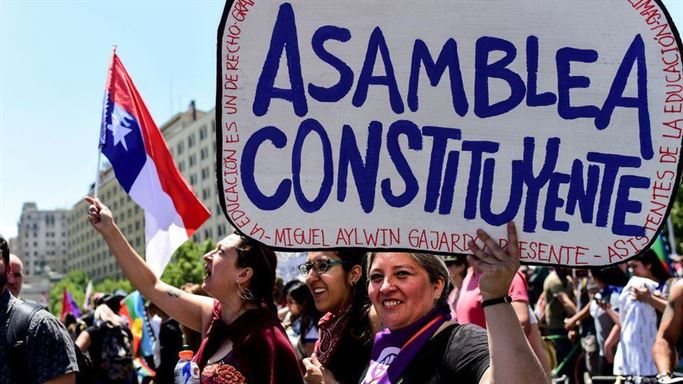
In a wave of protests that lasted about a year, Chileans managed to take to the streets to vote in favor of changing the constitution and also to define who will participate in the composition of the constituent commission,In a wave of protests that lasted about a year, Chileans managed to take to the streets to vote in favor of changing the constitution and also to define who will participate in the composition of the constituent commission, a historic achievement possible only through struggle and, political and social awareness.
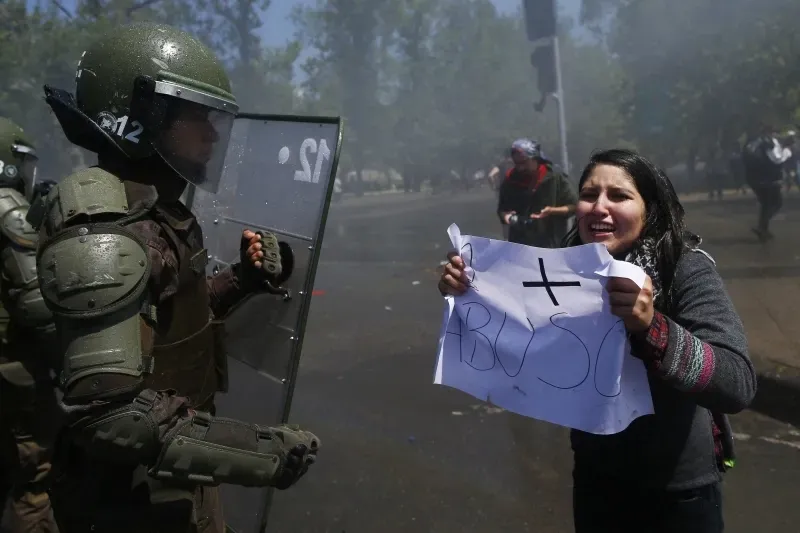
With several actions taken by the far right to disrupt the constituent assemblies, the meetings are being postponed. Fear of freedom affects those who crave power above everything else.

